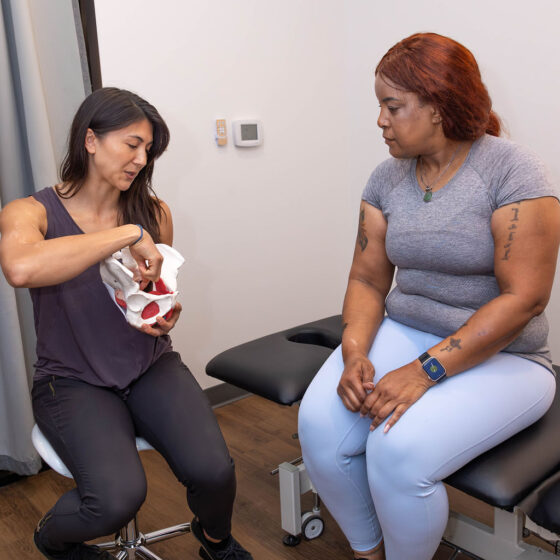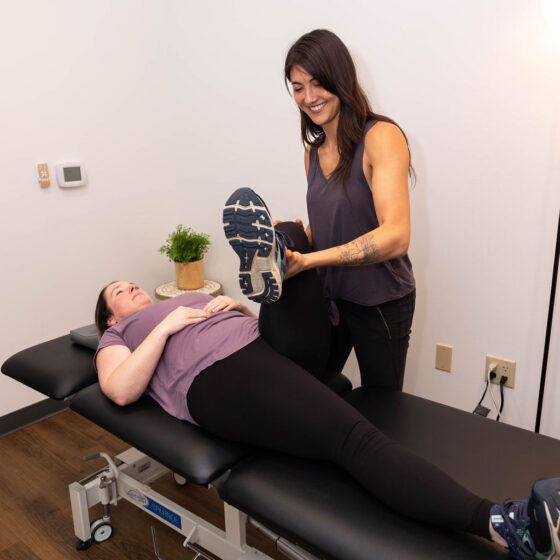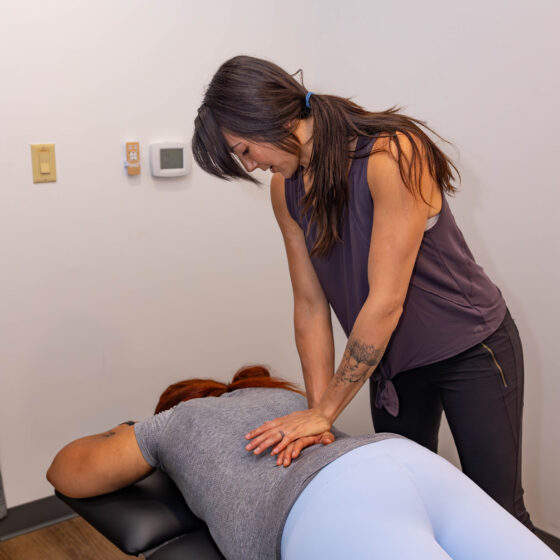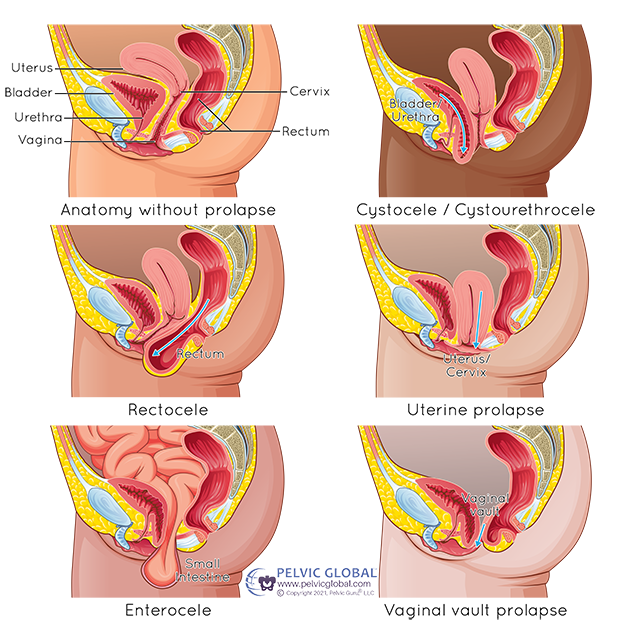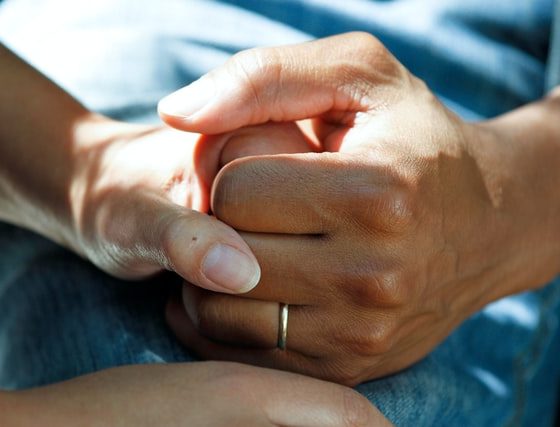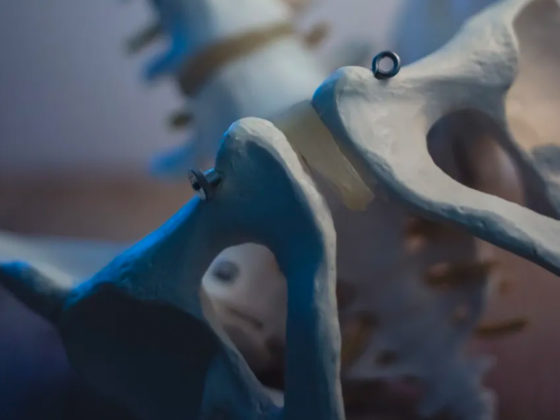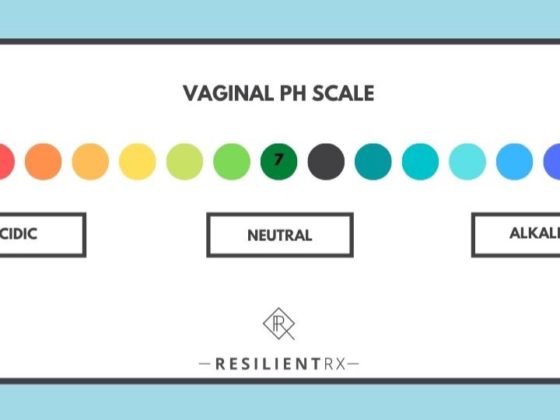Are you experiencing the early stages of peri-menopause and feeling out of touch with your body? If you’re between 40-50 years old and noticing significant changes in your body, you may be unsure if you’re entering peri-menopause. Physical therapy for menopause can help. You can also learn more about other pelvic floor therapy treatment options here.
Peri-menopause is the transitional phase before menopause, lasting an average of 4-8 years. During this time, estrogen and progesterone levels begin to decline. Decreased progesterone levels can lead to joint pain and muscle soreness, while reduced estrogen levels may cause symptoms like muscle weakness, vaginal dryness, and incontinence.
Menopause is officially reached after 12 consecutive months without a menstrual cycle, marking the post-menopausal stage. On average, menopause occurs around age 51, but the timing varies among individuals. It can occur earlier or later, especially if menopause is induced by medical reasons such as a radical hysterectomy or cancer treatments.
Navigating these changes can feel overwhelming, especially as you approach mid-life. Balancing responsibilities like caring for aging parents, becoming an empty nester, and managing career or relationship changes can leave you feeling like you’ve neglected self-care.
The physical and emotional transformations during peri-menopause and menopause can be challenging, especially without a supportive healthcare team to guide you through. You may feel overlooked or misunderstood by healthcare providers, adding to your anxiety.
We are here to offer support and acknowledge the validity of your symptoms. You can learn more about physical therapy and additional resources that can help on our podcast here.


